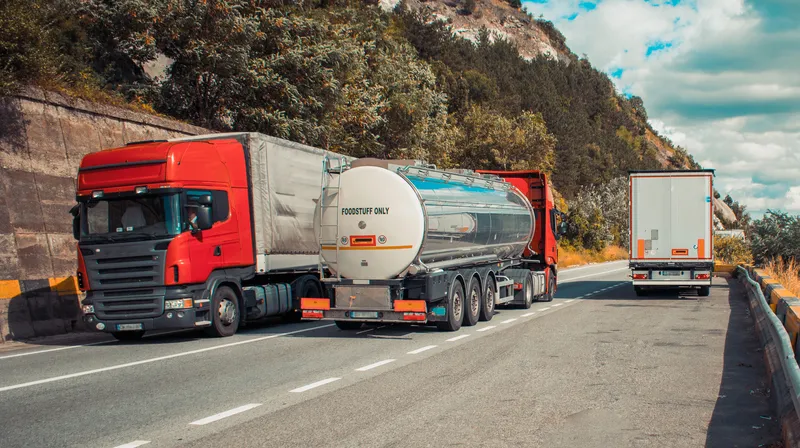
Hours on the road by European truck drivers are rising sharply after major decreases during the Covid lockdown, according to fleet management specialist Verizon Connect.
Data collected anonymously by the Verizon Connect Reveal platform shows that drivers in France were hardest hit, with recorded hours spent on the road dropping by 58% in the same time period, followed by the UK (55%) and Spain (54%).
Statistics represent data collected between 18 February and 7 April.
The smallest drop recorded was in Germany, which saw an 11% reduction in hours driven by commercial vehicles. This was in comparison to the average of 50% across seven European countries.
Additional data from Verizon also shows how commercial vehicle use is starting to bounce back as national lockdown measures are gradually lifted across Europe.
Despite having the steepest decline in hours driven between mid-February and April, commercial vehicle use in France has been the fastest to rebound.
Data from 7 April to 5 May shows an increase of almost 200% in response to the easing of lockdown measures in the country.
The rate of recovery has been comparatively slower in the UK, at 22%, and in Ireland with an increase of 24% in the same period.
“The dramatic drop in hours driven just demonstrates the widespread impact that Covid-19 has had on economies across Europe,” said Derek Bryan, vice president for Europe, Middle East and Africa at Verizon Connect.
“But the positive side is data shows green shoots for fleet industries and economies starting to recover.”
“Fleet management technology that harnesses machine learning and big data both helps in efforts to track and trace drivers and vehicles. It can be used to track whether safety protocols are followed and provides insights that will help managers to successfully scale up their operations,” he added.
|
|
Change (%) in hours driven February 18th - April 7th 2020 |
Change (%) in hours driven February 18th - May 5th 2020 |
Representative growth April 7th – May 5th 2020 |
|
France |
-58% |
57% |
198% |
|
Italy |
-39% |
-15% |
62% |
|
Spain |
-54% |
-36% |
33% |
|
Portugal |
-39% |
-24% |
38% |
|
Germany |
-11% |
1% |
109% |
|
UK |
-55% |
-43% |
22% |
|
Ireland |
-41% |
-31% |
24% |











